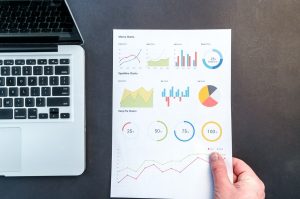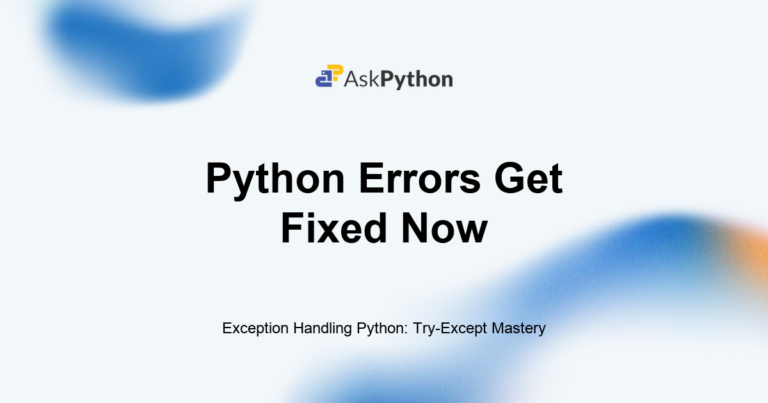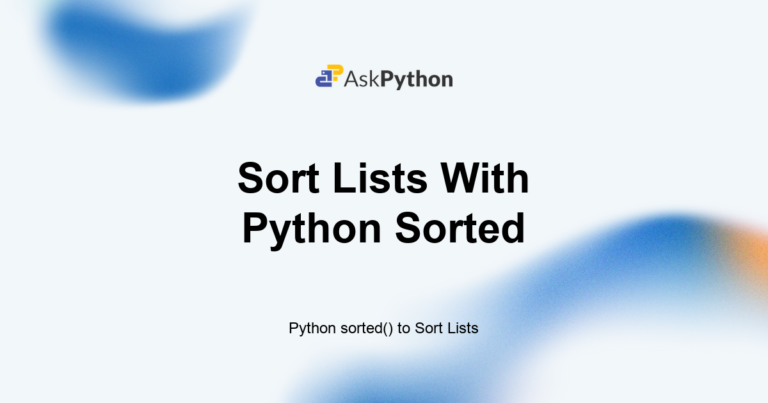Thinking about a career in data? You might be curious about the difference between data analytics and data science.
Data analysts and data scientists are both tasked with extracting valuable insights from data, but the two roles differ in scope and function. Data scientists develop advanced analytical models to mine vast data lakes, while data analysts typically work with smaller data sets and focus on consulting directly with business leaders.
To launch a career in data, you’ll need both theoretical knowledge and applied skills. A program like Springboard’s Data Analytics Career Track can help you achieve job readiness through hands-on, project-based learning and one-on-one mentorship. Wondering which data career path is right for you? Read on to find out.
The Role of Data Analysts
Data analysts work with business stakeholders to identify organizational pain points or problems to address with data-driven insights. First, data analysts must collect and clean their data. Usually, data analysts work with smaller, more manageable volumes of data than data scientists. Data analysts typically use SQL to move data into spreadsheets or programming interfaces like Jupyter Notebooks. As opposed to data scientists, data analysts implement less complex analytical models powered by fundamental supervised learning or statistical techniques like regression analysis.
Data analysts often focus on business analytics, which can be leveraged for tasks like budgeting, forecasting, risk management, marketing, product development, and more. They must manage SQL databases, conduct A/B tests, and use data viz tools to communicate insights to the stakeholders with whom they collaborate closely. Above all, data analysts are expected to leverage technical skills to tell accessible data stories that non-technical stakeholders can easily understand.
The Role of Data Scientists
Data scientists implement analytical techniques powered by machine learning and advanced statistics to make predictions. Data scientists strive to identify critical patterns in data and build models to establish relationships between data objects. Data scientists must clean, organize, transform, explore, and model massive, unstructured data sets, often in cloud computing environments.
Data science requires programming experience, as data scientists must code algorithms in languages like Python, R, and SQL to analyze big data. Programming skills are also important for automating data processing and collection. Data scientists must also visualize their findings and interpret them in ways that address business problems. As such, to learn data science, one should have an existing intersection of computer science, math, statistics, and business intelligence.
Key Data Analytics Skills
Data analysts need to be fluent in fundamental business statistics concepts including descriptive statistics, correlations, regression, and confidence intervals. A strong command of financial and economic concepts is also vital. Data analysts must be able to extract data from a database with SQL, analyze that data, and visualize it using Python libraries like Seaborn and Matplotlib.
Data analysts must also use strategic thinking to accurately deconstruct complex business problems into testable questions. Data analysis must be structured around a central theme, and results must be contextualized in a tangible, action-oriented way that adds business value. Because data analysts often work closely with business stakeholders, they may even help construct client pitches and business performance dashboards. In these contexts, data analysts must be able to visualize data using tools like Microsoft Power BI or Tableau.
Key Data Science Skills
Data scientists have a thorough command of statistics as well as robust programming skills to manipulate data, implement machine learning algorithms, and conduct advanced statistical analyses. Data scientists also use SQL to read, retrieve, and add data to databases. To handle big data, proficiency with tools like Hadoop, Spark, and more are required.
Machine learning is also an essential data science skill. Data scientists design machine learning algorithms to wrangle and analyze big data—meaning proficiency with tools like TensorFlow is vital. Furthermore, data scientists also must be able to visualize data and build dashboards to communicate with team members and non-technical stakeholders alike. As data analysts, data scientists must also be able to organize their findings into an impactful, coherent narrative.
Ready To Launch Your Data Career?
If you’re ready to jumpstart your career in data, Springboard’s Data Analytics Career Track can help. Through a combination of projects, case studies, and more, you’ll learn to analyze business problems, connect data using SQL, visualize data with Python, and communicate your analysis to stakeholders.
Plus, with 50+ hours of career support, you’ll learn which job titles to target—plus how to build your network and use it to land an interview. You’ll also get resume coaching and mock interview practice to shine in front of hiring managers.



